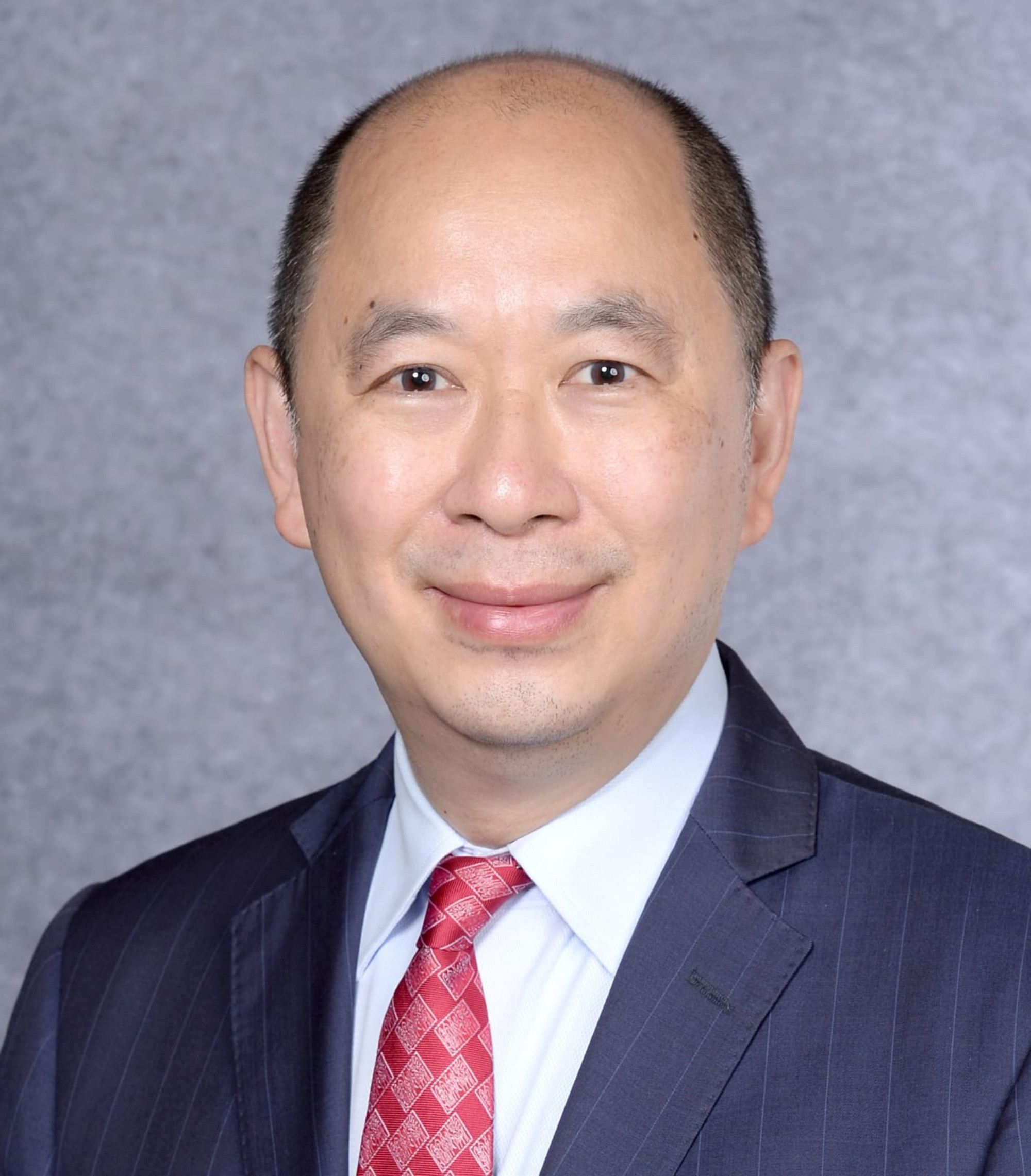[ad_1]
In November alone, the SFC approved 17 new financial firms to set up in Hong Kong to conduct securities trading, asset management and corporate finance.

“This reflects a structural change in Hong Kong’s financial markets,” said Oliver Ng, managing partner of Digiwealth Consulting, noting that some small brokers shut down after their owners decided to retire.
At the same time, a lot of newcomers from around the world want to enter Hong Kong to tap emerging opportunities in corporate finance and asset management, he added.
Landmark Family Office is one of the newcomers that launched operations this year, offering wealth management, succession planning and setting up of charities for rich customers.
“We chose Hong Kong as our strategic headquarters after careful consideration,” Cameron Harvey, CEO of Landmark Family Office. “We thought about Sydney, Singapore and Dubai, but felt that with Hong Kong being an international financial centre and hosting the largest capital market out of those locations, it was the right ecosystem for Landmark to thrive.
“When you also consider the supportive government initiatives for family offices, the world-class regulatory regime and ease of doing business in Hong Kong, it only makes sense.”

Harvey, who has had stints with UBS, BNP Paribas and ANZ, and recently served as managing director of an Asia-Pacific multi-family-office, said Hong Kong is an ideal location to manage clients from Australia, Asia, Europe and the UK.
Hong Kong’s revamped cash-for-residency scheme to pit it against Singapore
Hong Kong’s revamped cash-for-residency scheme to pit it against Singapore
“The city is a central point from which we can operate most efficiently,” he said. After nearly a year of operating in Hong Kong “clients, both existing and new, are now approaching us for advice and help, and we could not be happier”.
However, non-exchange-trading financial firms rose to 2,515 at the end of September, 11 more than a year earlier, according to SFC data.
Digiwealth’s Ng said the viability of small brokerages is at risk if they only rely on commission from stock trading, pointing to the decline in Hong Kong’s market turnover. The average daily trading volume dropped 15.5 per cent year on year to HK$105.56 billion (US$13.53 billion) in the first 11 months.
Ng said the new crop of financial firms offer a more comprehensive set of services other than stock trading, including asset management and corporate finance.
“They are not just here to trade Hong Kong stocks, but these new players want to use Hong Kong as a gateway to help clients invest in mainland China, US and other markets such as the Middle East and Southeast Asia,” he said.
Ng, a local broker and investment banker for 30 years, started his own consulting company after retiring recently to help financial firms set up in Hong Kong.
“I have a lot of customers who want to apply for licences from the SFC for securities trading, asset management and family offices,” Ng said. “They are optimistic Hong Kong will attract more international investors to trade here amid efforts by Hong Kong Exchanges and Clearing (HKEX) to promote international listings.”
Under HKEX’s outgoing CEO Nicolas Aguzin, the exchange operator set up an office in New York in June, followed by an office in London in September, to promote overseas companies to list in Hong Kong.
Aguzin and chairwoman Laura Cha Shih May-lung also visited Southeast Asia and the Middle East on multiple occasions this year to promote the city’s exchange, which led to the first Saudi ETF listing on November 29.
[ad_2]
Source link
